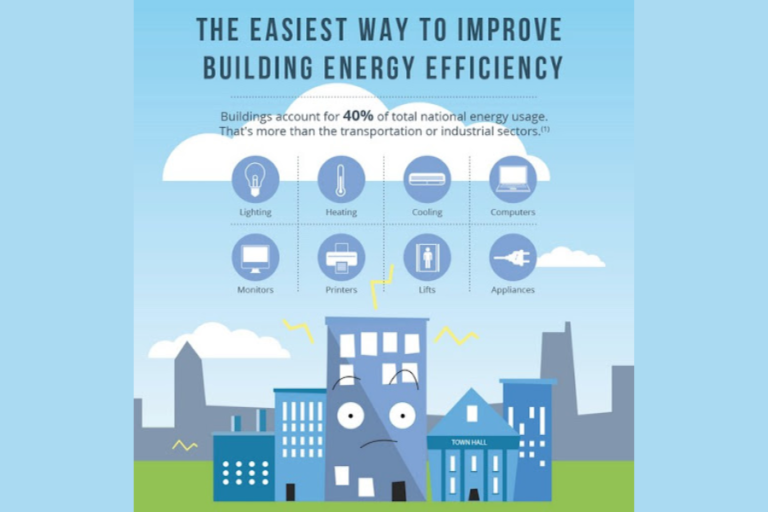Fun Activities Every Serious Student Should Try
Being a serious student does not mean you have to give up on the lighter, more enjoyable aspects of life. It’s possible to find a balance between hitting the books and having a good time. Exploring new activities can significantly enhance your university experience by fostering personal growth, developing new interests, and meeting diverse people. In this article, we’ll explore a variety of engaging activities that can enrich both your academic journey and social life. Keep reading to discover how to make the most out of your student years beyond the classroom.
Exploring Creative Outlets: Arts, Music, and Writing Activities for Students
Engaging in creative pursuits like painting, music, or writing offers students a valuable escape from academic pressures. These activities not only foster innovative thinking but also help students tackle their studies with renewed energy. College campuses support this exploration through various creative outlets, such as writing workshops, bands, and art exhibitions, enriching the cultural environment and allowing students to appreciate diverse forms of expression.
Creativity also serves as a therapeutic tool, aiding in stress management and enhancing overall wellbeing. By dedicating time to creative activities, students can improve their mental health and personal satisfaction. Some may explore digital platforms, like the best online social casinos, blending recreation with creativity to find activities that align with their interests and provide meaningful interaction.
Balancing Academics and Social Life with Group Study Sessions
Group study sessions are an effective way to combine academic responsibilities with social engagement. They provide an environment for learning from peers and building connections, fostering deeper understanding and accountability. These sessions can also be used as support groups during stressful periods, such as finals, by providing mutual encouragement and reducing the sense of isolation caused by intense study.
It is crucial to find study partners who share similar academic goals and social interests to ensure effective use of these sessions. The core of group study sessions is the idea that dialogue and cooperation can expedite learning. With careful planning, these gatherings can provide a solid framework for academic success while ensuring the social well-being of participants. It is a harmonious blend of knowledge pursuit and companionship, ensuring the well-being of all participants.
The Benefits of Joining Student Organizations for Personal Growth
Student organizations are crucial for personal development and leadership skills. They offer a structured environment for exploring interests and taking on responsibilities that build character and professional competencies. Joining a student organization can lead to discovering a passion or enhancing an existing hobby, such as debate clubs, sports teams, or cultural societies. These groups provide unique experiences that contribute to personal narratives and contribute to the organization’s legacy and objectives.
Networking opportunities within these circles are vast, with mentors, friends, and potential employers. These relationships can extend beyond college years and carry forward into professional life and personal endeavors. Soft skills and real-world experience gained through student organizations can be valuable, leading to prestigious internships or influential conferences, enhancing resumes, and broadening horizons beyond the classroom.
Mental and Physical Wellness: Incorporating Exercise into a Student’s Routine
Exercise is crucial for mental and physical well-being, especially for students who spend time in sedentary study. A regular workout routine can reduce stress, increase energy, and improve cognitive functions, which are beneficial for academic performance. Endorphin release during physical activity creates a sense of happiness and relaxation. Integrating physical activities into daily routines, such as walking or biking to class, can help students feel refreshed and rejuvenated.
Alternatives like dance classes, yoga sessions, or intramural sports leagues can provide enjoyable exercise options and social outlets. Establishing a sustainable exercise regimen complements studies, ensuring body and mind care, and significantly improving a student’s overall college experience.
Volunteering and Community Service: Building Empathy and Leadership Skills
Volunteering and community service offer students more than just a chance to help others; they play a crucial role in personal growth. Engaging in activities like tutoring, working with the elderly, or participating in environmental cleanups fosters empathy, builds leadership skills, and provides valuable real-world experiences. These interactions help students break out of the academic bubble and develop essential interpersonal skills.
For those interested in sciences and healthcare, community service highlights a commitment to societal well-being. Participation in health drives or science education programs aligns with the values of fields such as medical laboratory science, making a student’s application for an MLS graduate program stand out. These experiences showcase dedication and readiness to contribute to their chosen field.
Altogether, these activities offer more than just a distraction from academic stress; they are opportunities for growth, learning, and making a difference. When students strike the right balance between their studies and diverse life experiences, they pave the way for a richer, more fulfilled college journey.






